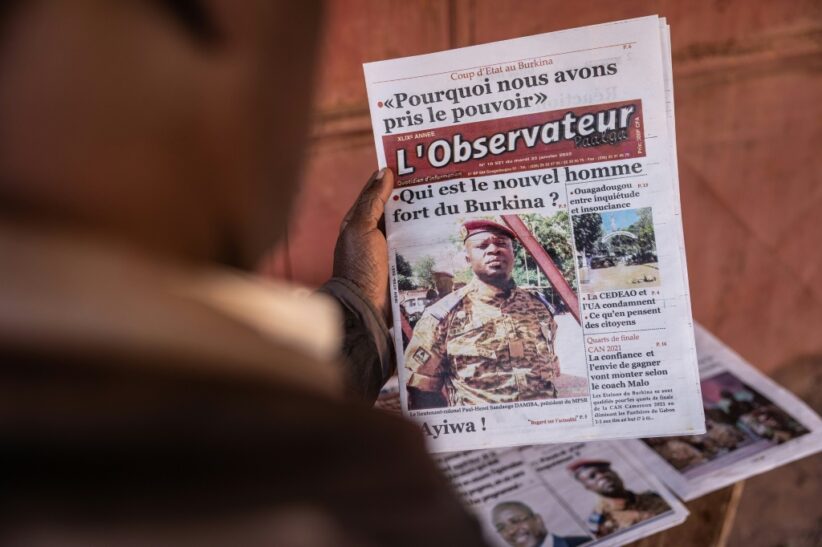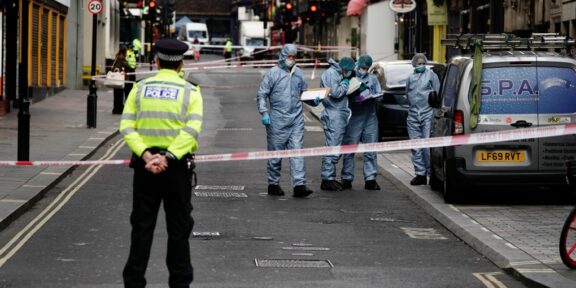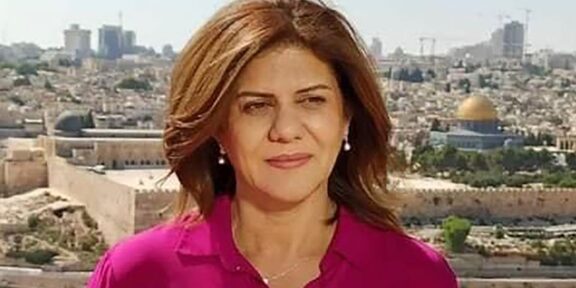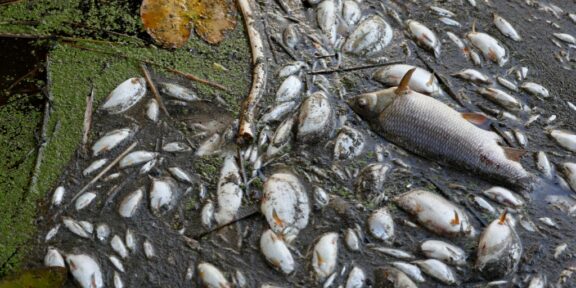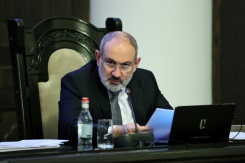Burkina Faso’s new ruling junta held talks with union leaders on Thursday on the eve of a regional summit that could slap sanctions on the country for the overthrow of its elected president.
Heads of the Economic Community of West African States (ECOWAS) are to confer on Friday over how to respond to the military’s toppling of President Roch Marc Christian Kabore.
He was ousted by mutineering soldiers on Monday on the back of public anger at his failure to stem jihadist violence.
Around 20 trade union leaders met for about half an hour with the junta led by Lieutenant-Colonel Paul-Henri Sandaogo Damiba at the presidency in the capital Ouagadougou.
Damiba “assured us that we will be consulted and included in what will be put in place,” said Marcel Zante, who heads an umbrella grouping of 130 unions.
“Now we are waiting to see what happens on the ground,” he added.
Damiba, 41, is a rising star in the military who commands an eastern region that has been badly hit by jihadists.
On Wednesday, he met with ministers of Kabore’s government, which like the parliament has been dissolved.
The junta has also suspended the constitution, vowing to re-establish “constitutional order” within a “reasonable time”.
Damiba asked ministers not to leave the country without authorisation, and also said he hoped to include all the country in the management of the transitional period, political sources told AFP.
The coup is the latest bout of turmoil to strike Burkina Faso, a landlocked and impoverished state that has enjoyed little stability since gaining independence from France in 1960.
On Tuesday, ECOWAS issued a statement to say the bloc “firmly condemns” the coup, accusing the military of forcing Kabore to resign “under threat, intimidation and pressure”.
Burkina Faso joins two other ECOWAS countries — Mali and Guinea — where there have been coups in the past 18 months.
Those two countries have been suspended by the 15-nation bloc, which has also imposed an array of sanctions on them, including measures against individuals.
Clement Sawadogo, deputy head of Kabore’s People’s Movement for Progress (MPP) party, said “the junta has to do its utmost to prevent international sanctions for Burkina Faso.”
He called for a “wise solution, to prevent an ongoing security crisis… from intertwining with a socio-economic crisis.”
– Kabore arrested –
Kabore, 64, was elected in 2015 following a popular revolt that forced out strongman Blaise Compaore.
He was re-elected in 2020, but the following year faced a wave of anger over the mounting toll from a jihadist insurgency that swept in from neighbouring Mali.
His well-being and whereabouts have been a key issue since the coup, with the United Nations leading calls for his release.
On Wednesday, a source in the MPP told AFP that the army was holding Kabore in a villa under house arrest.
“President Kabore is physically well, but I cannot say anything about his state of mind,” the source said.
“He has a doctor available (and) access to his mobile phone, but under surveillance, obviously.”
In a separate development, the military prosecutors’ office said the trial of the alleged assassins of revolutionary leader Thomas Sankara — who was gunned down in the 1987 coup that brought Compaore to power — would resume on Monday after being disrupted by the turbulence.
The trial, which began last October, is being closely followed in Burkina, where the traumatic events of 1987 are still felt.
Those on trial include Compaore, who fled to Ivory Coast after being toppled in 2014 and is being tried in absentia, and his former right-hand man, General Gilbert Diendere.
Diendere has been jailed separately for 20 years for an attempted coup in 2015.
The prosecutors, in their statement, denied rumours that Diendere had been freed during the coup.
pid-stb/ri/gd

